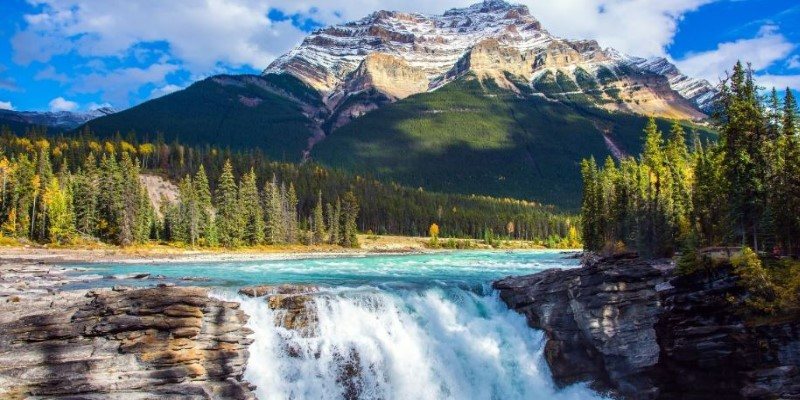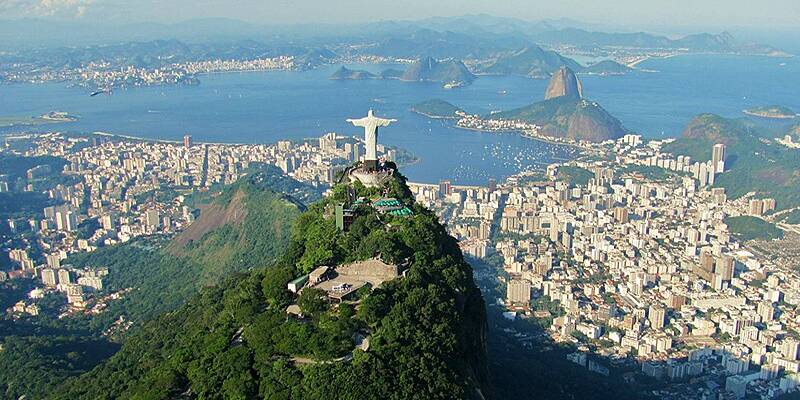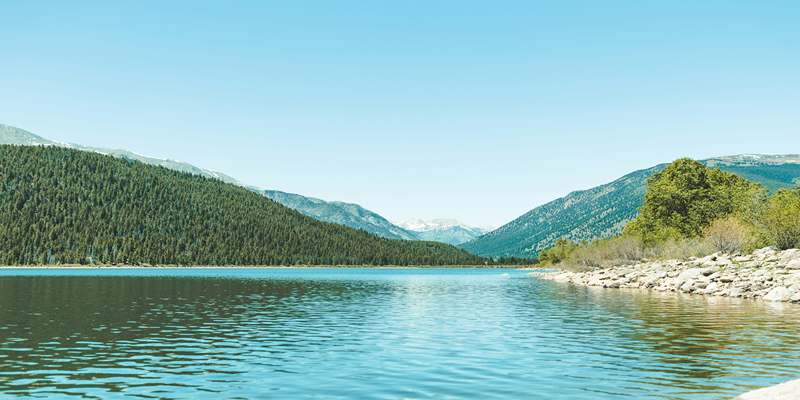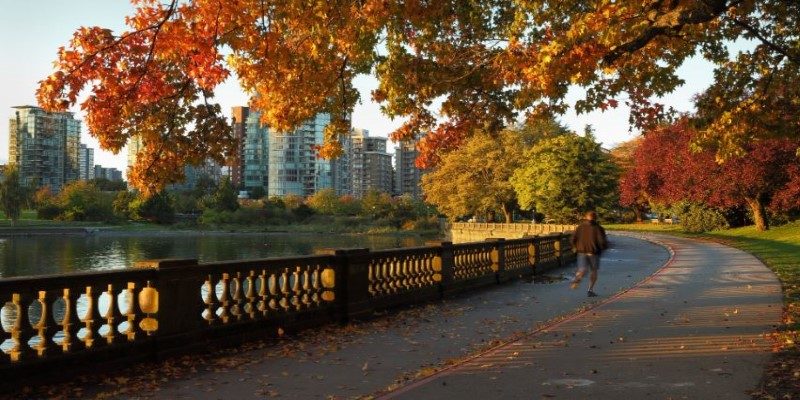Nestled in the heart of the Canadian Rockies, Banff National Park stands as one of the most breathtaking natural wonders in North America. Whether you're a seasoned adventurer or someone looking for a peaceful escape into nature, Banff offers something for everyone. Known for its stunning mountain vistas, crystal-clear lakes, and a wide variety of wildlife, this UNESCO World Heritage site draws visitors from around the globe.
In this guide, we'll explore the best ways to experience this incredible park, from outdoor activities to travel tips that will help you plan an unforgettable visit.
The Best Time to Visit Banff
Choosing the right time to visit Banff National Park is important in order to maximize your trip. Each season has its unique beauty and opportunities for exploration. The peak summer months are June to August, which are the most popular because of warm temperatures and longer days. It is perfect for hiking, biking, and sightseeing. It is during these months that Banff's famous turquoise lakes, such as Lake Louise and Moraine Lake, are at their best.
If you want to avoid the crowds and enjoy a much quieter experience, springtime is from April to May, and fall is from September to October. These periods see a pleasant climate, although you will not find too many tourists around for the same experience, which will enable you to absorb more. Winter is November through March when you find Banff has become this frozen wonderland. World-class slopes draw in snowboarding and skiing enthusiasts, although quieter alternatives like snowshoeing and ice skating are available for solitude lovers in the snow.
Must-See Attractions and Activities
Banff National Park offers many activities that show the park's natural beauty, and thus, it should be visited by all outdoor enthusiasts. A feature of any visit to Banff National Park is to see its beautiful lakes. Among these lakes, the most outstanding is Lake Louise. The crystal-clear water reflects the surrounding mountains and glaciers, making it perfect for kayaking, canoeing, or just walking quietly by the lake.
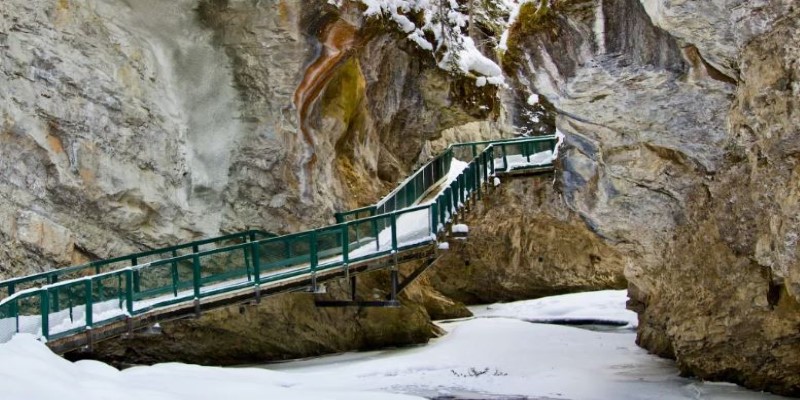
Another iconic feature of Banff is the Banff Gondola, which takes visitors to the top of Sulphur Mountain for panoramic views of the surrounding landscape. From here, you can see the rugged peaks of the Rockies, the Bow River winding through the valley, and the town of Banff below. It's an experience you won’t soon forget.
For hiking enthusiasts, Banff offers a variety of trails for all levels, from easy strolls to more challenging climbs. Popular hikes include the Johnston Canyon Trail, which leads to impressive waterfalls, and the Lake Agnes Tea House Trail, where you can enjoy a refreshing break with a cup of tea overlooking Lake Agnes.
Wildlife lovers will also appreciate the chance to spot local animals in their natural habitat. Banff is home to a diverse range of wildlife, including elk, deer, bighorn sheep, and even grizzly bears. While it’s important to remember to keep a safe distance, these animals add to the charm of the park and make it a unique experience.
How to Get Around Banff?
Getting around Banff National Park is relatively easy, thanks to a variety of transportation options. The town of Banff itself is compact and walkable, with most attractions, restaurants, and shops within walking distance of each other. However, if you plan to explore more remote areas of the park, it’s best to rent a car. This allows you to visit popular spots like Lake Louise and Moraine Lake at your own pace.
During peak seasons, there is also a shuttle bus service that operates throughout the park, providing a convenient way to reach key locations without the hassle of parking. For those looking for a more eco-friendly option, bike rentals are available in Banff, and the park has an extensive network of bike paths and trails that allow you to explore at your leisure.
In winter, Banff offers a range of ski resorts, and getting around the area is easy with shuttle services connecting you to the slopes. Whether you're here for skiing, snowboarding, or other winter sports, Banff’s public transportation is well-equipped to handle visitors in all seasons.
Accommodations in Banff
Banff National Park is well-equipped to accommodate visitors with a variety of lodging options to suit every preference and budget. From luxurious resorts to cozy cabins and campsites, you'll find something that fits your needs. If you're looking for a touch of elegance, the Fairmont Banff Springs Hotel is one of the most iconic places to stay, offering stunning views and world-class service.
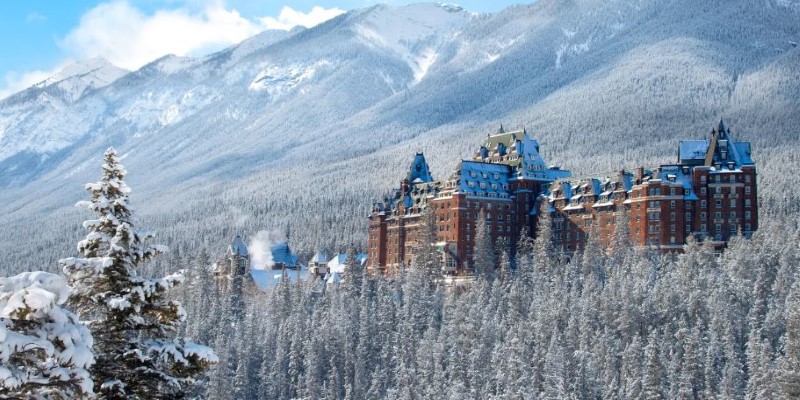
For those who prefer a more rustic experience, Banff also has several campgrounds and backcountry lodges that allow you to immerse yourself in the natural beauty of the park. The Tunnel Mountain Campground, located near the town of Banff, offers easy access to the park's main attractions while allowing you to enjoy the serenity of the surrounding wilderness.
Suppose you're traveling during the winter months. In that case, many of Banff's accommodations offer special winter packages that include skiing passes and other perks, making it a great option for those looking to hit the slopes.
Conclusion
Banff National Park is an awe-inspiring destination that offers something for everyone, whether you're looking to explore its stunning natural beauty, indulge in outdoor activities, or simply relax in a peaceful setting. With its majestic mountains, crystal-clear lakes, and abundant wildlife, it’s no wonder that Banff is one of Canada’s most beloved natural treasures. By following this guide and planning, you can ensure that your trip to Banff National Park will be an unforgettable experience. Whether you're visiting in the warmth of summer or the chill of winter, this stunning park will leave you with memories to last a lifetime.



